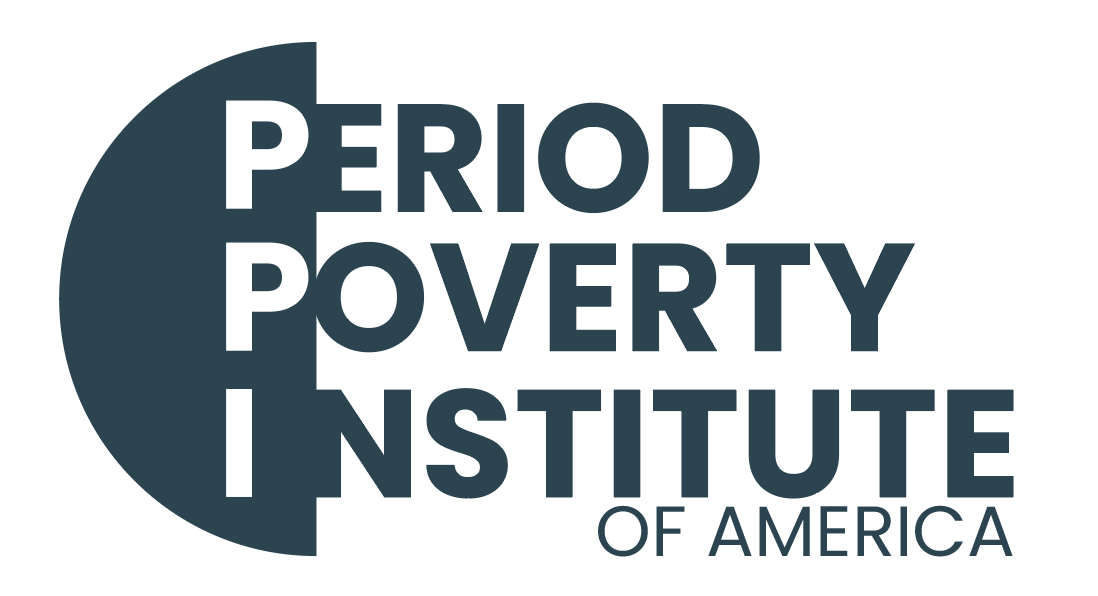The average age at menarche has been decreasing among younger generations in the US, especially among racial minorities and lower socioeconomic statuses. A new study shows that girls born between 2000 and 2005 started their periods at an average age of 11.9 years, which is half a year earlier than girls born between 1950 and 1969.
Potential explanations for early menstruation include dietary patterns, stress, adverse childhood experiences, and environmental factors air pollution and hormone-disrupting chemicals. As early onset increases, research indicates it takes longer and longer for girls’ menstrual cycles to become regular.
Early onset of menstruation is associated with a higher risk of adverse health outcomes such as cardiovascular disease and cancer. Women who get their first period at age 11 or younger are more likely to experience premature or early menopause.
For girls facing Period Poverty, early onset menstruation exacerbates its impacts. First periods can occur long before the topic has been introduced at home or in school curricula, increasing confusion and fear. Tweens / younger teens may not know what menstrual hygiene items they need or how to ask for them.
Period products in school restrooms are often not accessible to lower grades; if products are available, girls may not understand how to properly use them.
Instances of Period Poverty have been proven to increase when the number of menstruating household members increases. With girls beginning their periods sooner, more American homes are struggling to access monthly menstrual hygiene products for all family members who need them.
SOURCES:
• Harvard T.H. Chan School of Public Health, news release, May 29, 2024
• HealthDay. U.S. girls are beginning periods earlier. US News & World Report. May 2024
• Boddy, J. An early first menstrual period may lead to premature menopause. NPR. 2017
• Period Poverty in America. Dignity Grows Inc. 2023
